Top 10 books to read in 2021
While we are at home amid the second wave of the pandemic, the readers should not miss their favourite books.
1. 2666

by Roberto Bolaño
Completed in 2003 shortly before his death, 2666 is not only Roberto Bolaño's masterpiece but also one of the finest and most important novels of the 21st century. It's an entire world unto itself, one not unlike our own filled with horror, neglect, depravity, brilliance, and beauty. Epic in scope and epitomizing the "total novel," 2666 fuses many different genres and styles to create a singular and unforgettable work of contemporary fiction. While Bolaño's swan song marked the pinnacle of a sadly truncated literary career, his immense talent, creativity, and vision endure.
2. All About Love

by bell hooks
We're taught to think of love as something that happens to us. It's a magical but altogether passive experience. In her deeply personal and emphatic All About Love, renowned social activist and feminist bell hooks asserts that, in fact, love is a choice we must all make and it's not nearly as abstract or elusive as many of us have come to believe. The book not only explores the role of love in our lives and the ways our culture has distorted its meaning, but guides us — with clear definitions and examples — toward a better understanding of how to cultivate it. If you've ever wondered why some relationships stand the test of time while others crumble, you should read this book.
3. Desert Solitaire

by Edward Abbey
No author encapsulated and celebrated the American Southwest more engagingly than iconoclast and raconteur Edward Abbey. Desert Solitaire: A Season in the Wilderness — now nearly a half-century old — is a classic of environmental writing. In this autobiographical work, Abbey chronicles his time as a park ranger and reflects on landscape, culture, politics, tourism, environmental disregard, and degradation — doing so with a unique blend of ornery charm and breathtaking description. Though set in his beloved Southwest, Desert Solitaire beautifully and brashly captures the essence of the American outdoors, replete with disdain for those who'd seek to spoil its natural wonder.
4. Disgrace

by J. M. Coetzee
One afternoon while talking with a friend about books, I wondered how to best describe my experience of reading Disgrace, and this is what I came up with: it's like a finely crafted, very sharp knife resting gently against your skin. The uneasiness and suspense are there from the beginning, made all the more powerful by Coetzee's control and use of spare language, and you never really take a deep breath until it's all over. Set in modern South Africa, the book explores what it's like to personally confront deep prejudices. Prejudices of gender, sexuality, class, and race. Far from being a politically correct diatribe, this novel is about how we cope, how we survive as humans, and it forces the reader to reflect upon what seems at first a very twisted reality. For each of the characters in this astonishing novel, redemption is attained through what becomes the very reshaping of their souls.
5. Geek Love

by Katherine Dunn
This is the book I recommend more than any other — I can barely hold onto a copy of it because I am always giving it away to anyone who I think needs something that will blow the top of their skull off. On one level, it is the engaging, creepy, and extraordinary story of a family of purposely designed circus freaks, as told by the hunchback albino dwarf sister. On another level, it is a story about identity and belonging: How do you define yourself in terms of your family? Your culture? Your body? Your religion? How do you know what or who you really are?
6. Gilead

by Marilynne Robinson
Set in 1956, Marilynne Robinson's Gilead is a letter from the elderly Reverend John Ames to his very young son. Ames has lived all of his life in Gilead, Iowa, and the novel delves into the history of the area through the characters of Ames's father and grandfather — also ministers, but deeply divided on ideas such as pacifism, duty, and the abolitionist movement. And eventually, when John Ames Boughton, Ames's namesake and godson, returns to Gilead, he brings up old tensions and sets events in motion that disturb Ames's formerly peaceful last days. Gilead is one of the most beautifully written books of the new century thus far, and Robinson's incredibly insightful grappling with faith, mortality, and what constitute
7. Giovanni's Room

by James Baldwin
It would be difficult to talk about James Baldwin's Giovanni's Room and not touch on the simple fact that this slim novel, published in 1956, is mainly a love story between two men. It seems impossible to think such a thing could be published pre-Stonewall, but such is the genius of Baldwin and the way he captures the complexities of desire, love, and the tragic cost that comes from not following your heart. "Somebody…should have told us that not many people have ever died of love. But multitudes have perished…for the lack of it." This emotional wonder of a book comes down to two things: love and death. And really, what else is there in life? – Kate F.
8. A Good Man Is Hard to Find and Other Stories

by Flannery O'Connor
Flannery O'Connor's first short story collection, written in 1955, will knock you off your feet. Ruthless, penetrating, and loaded with subtext, A Good Man Is Hard to Find and Other Stories was brave for its time and feels just as consequential today. Writing in the Southern Gothic tradition in a style wholly her own, O'Connor creates characters that are misguided, stunted curiosities, but she manages to capture what's human in even the most despicable of people — which makes their doomed trajectories feel all the more tragic. And despite the disturbing events that unfold, the stories are a pleasure to read — they're infused with suspense, dark humor, and some of the most evocative imagery you'll encounter in literature. All this makes for a collection that never ceases to amaze — and begs to be reread.
9. The Handmaid's Tale
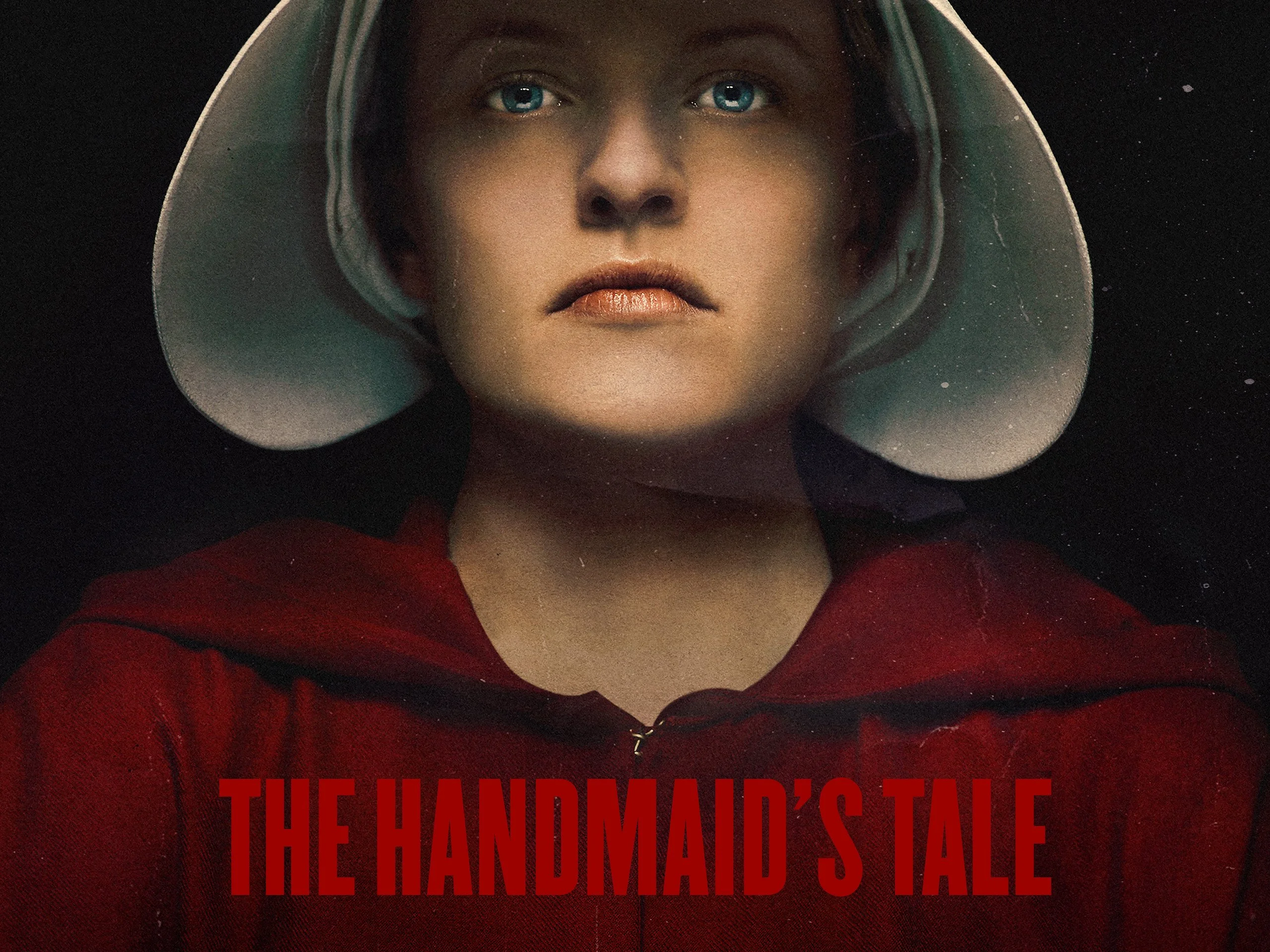
by Margaret Atwood
Atwood's classic dystopian novel of a terrifying (and terrifyingly plausible) future America has rewarded rereading like no other book; I've probably read it 30 times by now. The world of the narrator, Offred (from "Of Fred" — women no longer have their own names), is chilling, but she is a magnificent survivor and chronicler, and the details of everything from mundane daily life to ritualized sex and violence to her reminiscences of the time before (our contemporary reality, as seen in the '80s) are absolutely realistic. The novel is as relevant today as ever; feminist backlashes continue to wax and wane, but women's rights remain in the spotlight. And despite its scenarios of great despair, The Handmaid's Tale is ultimately a hopeful book — Offred, and others, simply cannot be human without the possibility of hope, and therein lies the strength of the resistance. All of Atwood is worth reading, but this book best exemplifies the cultural and psychological impact that a work of fiction can create. – Jill O.
10. The Hitchhiker's Guide to the Galaxy

by Douglas Adams
Parodying practically every well-worn sci-fi plot device in existence, Adams's Hitchhiker's Guide to the Galaxy has become a classic in its own right. A hapless hero with astonishing luck? Ill-tempered aliens hell-bent on destroying Earth? Pithy advice (e.g., "DON'T PANIC")? Check, check, and check — and so much more. Even non–sci-fi geeks will be charmed by this hilarious and endlessly entertaining read, with (of course) sequels following.
While we are at home amid the second wave of the pandemic, the readers should not miss their favourite books.
1. 2666

by Roberto Bolaño Completed in 2003 shortly before his death, 2666 is not only Roberto Bolaño's masterpiece but also one of the finest and most important novels of the 21st century. It's an entire world unto itself, one not unlike our own filled with horror, neglect, depravity, brilliance, and beauty. Epic in scope and epitomizing the "total novel," 2666 fuses many different genres and styles to create a singular and unforgettable work of contemporary fiction. While Bolaño's swan song marked the pinnacle of a sadly truncated literary career, his immense talent, creativity, and vision endure.
2. All About Love

by bell hooks We're taught to think of love as something that happens to us. It's a magical but altogether passive experience. In her deeply personal and emphatic All About Love, renowned social activist and feminist bell hooks asserts that, in fact, love is a choice we must all make and it's not nearly as abstract or elusive as many of us have come to believe. The book not only explores the role of love in our lives and the ways our culture has distorted its meaning, but guides us — with clear definitions and examples — toward a better understanding of how to cultivate it. If you've ever wondered why some relationships stand the test of time while others crumble, you should read this book.
3. Desert Solitaire

by Edward Abbey No author encapsulated and celebrated the American Southwest more engagingly than iconoclast and raconteur Edward Abbey. Desert Solitaire: A Season in the Wilderness — now nearly a half-century old — is a classic of environmental writing. In this autobiographical work, Abbey chronicles his time as a park ranger and reflects on landscape, culture, politics, tourism, environmental disregard, and degradation — doing so with a unique blend of ornery charm and breathtaking description. Though set in his beloved Southwest, Desert Solitaire beautifully and brashly captures the essence of the American outdoors, replete with disdain for those who'd seek to spoil its natural wonder.
4. Disgrace

by J. M. Coetzee One afternoon while talking with a friend about books, I wondered how to best describe my experience of reading Disgrace, and this is what I came up with: it's like a finely crafted, very sharp knife resting gently against your skin. The uneasiness and suspense are there from the beginning, made all the more powerful by Coetzee's control and use of spare language, and you never really take a deep breath until it's all over. Set in modern South Africa, the book explores what it's like to personally confront deep prejudices. Prejudices of gender, sexuality, class, and race. Far from being a politically correct diatribe, this novel is about how we cope, how we survive as humans, and it forces the reader to reflect upon what seems at first a very twisted reality. For each of the characters in this astonishing novel, redemption is attained through what becomes the very reshaping of their souls.
5. Geek Love

by Katherine Dunn This is the book I recommend more than any other — I can barely hold onto a copy of it because I am always giving it away to anyone who I think needs something that will blow the top of their skull off. On one level, it is the engaging, creepy, and extraordinary story of a family of purposely designed circus freaks, as told by the hunchback albino dwarf sister. On another level, it is a story about identity and belonging: How do you define yourself in terms of your family? Your culture? Your body? Your religion? How do you know what or who you really are?
6. Gilead

by Marilynne Robinson Set in 1956, Marilynne Robinson's Gilead is a letter from the elderly Reverend John Ames to his very young son. Ames has lived all of his life in Gilead, Iowa, and the novel delves into the history of the area through the characters of Ames's father and grandfather — also ministers, but deeply divided on ideas such as pacifism, duty, and the abolitionist movement. And eventually, when John Ames Boughton, Ames's namesake and godson, returns to Gilead, he brings up old tensions and sets events in motion that disturb Ames's formerly peaceful last days. Gilead is one of the most beautifully written books of the new century thus far, and Robinson's incredibly insightful grappling with faith, mortality, and what constitute
7. Giovanni's Room

by James Baldwin It would be difficult to talk about James Baldwin's Giovanni's Room and not touch on the simple fact that this slim novel, published in 1956, is mainly a love story between two men. It seems impossible to think such a thing could be published pre-Stonewall, but such is the genius of Baldwin and the way he captures the complexities of desire, love, and the tragic cost that comes from not following your heart. "Somebody…should have told us that not many people have ever died of love. But multitudes have perished…for the lack of it." This emotional wonder of a book comes down to two things: love and death. And really, what else is there in life? – Kate F.
8. A Good Man Is Hard to Find and Other Stories

by Flannery O'Connor Flannery O'Connor's first short story collection, written in 1955, will knock you off your feet. Ruthless, penetrating, and loaded with subtext, A Good Man Is Hard to Find and Other Stories was brave for its time and feels just as consequential today. Writing in the Southern Gothic tradition in a style wholly her own, O'Connor creates characters that are misguided, stunted curiosities, but she manages to capture what's human in even the most despicable of people — which makes their doomed trajectories feel all the more tragic. And despite the disturbing events that unfold, the stories are a pleasure to read — they're infused with suspense, dark humor, and some of the most evocative imagery you'll encounter in literature. All this makes for a collection that never ceases to amaze — and begs to be reread.
9. The Handmaid's Tale

by Margaret Atwood Atwood's classic dystopian novel of a terrifying (and terrifyingly plausible) future America has rewarded rereading like no other book; I've probably read it 30 times by now. The world of the narrator, Offred (from "Of Fred" — women no longer have their own names), is chilling, but she is a magnificent survivor and chronicler, and the details of everything from mundane daily life to ritualized sex and violence to her reminiscences of the time before (our contemporary reality, as seen in the '80s) are absolutely realistic. The novel is as relevant today as ever; feminist backlashes continue to wax and wane, but women's rights remain in the spotlight. And despite its scenarios of great despair, The Handmaid's Tale is ultimately a hopeful book — Offred, and others, simply cannot be human without the possibility of hope, and therein lies the strength of the resistance. All of Atwood is worth reading, but this book best exemplifies the cultural and psychological impact that a work of fiction can create. – Jill O.
10. The Hitchhiker's Guide to the Galaxy

by Douglas Adams Parodying practically every well-worn sci-fi plot device in existence, Adams's Hitchhiker's Guide to the Galaxy has become a classic in its own right. A hapless hero with astonishing luck? Ill-tempered aliens hell-bent on destroying Earth? Pithy advice (e.g., "DON'T PANIC")? Check, check, and check — and so much more. Even non–sci-fi geeks will be charmed by this hilarious and endlessly entertaining read, with (of course) sequels following.

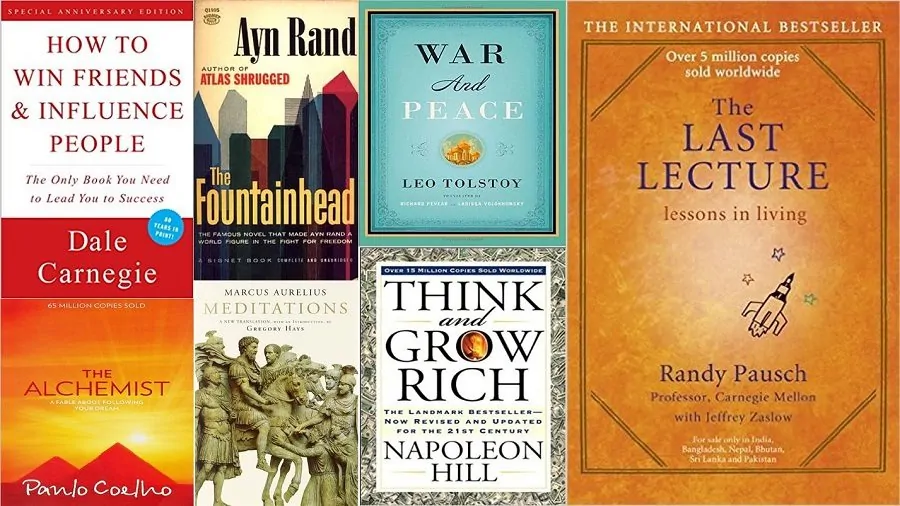
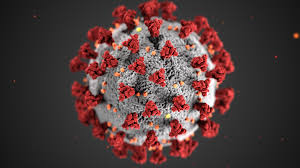
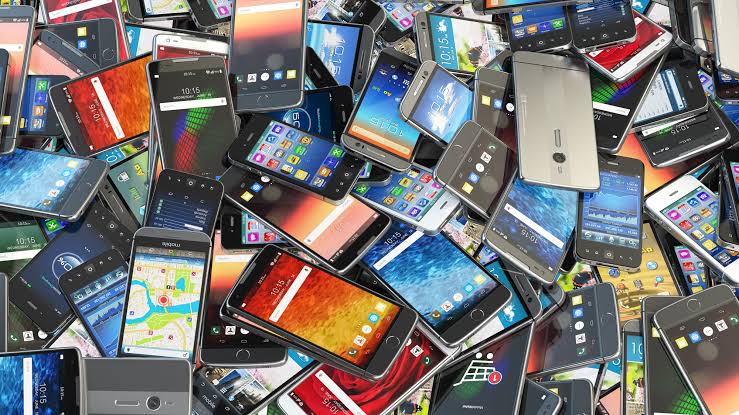


















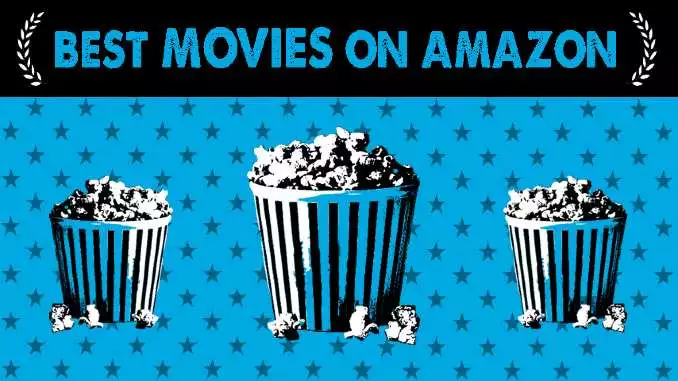
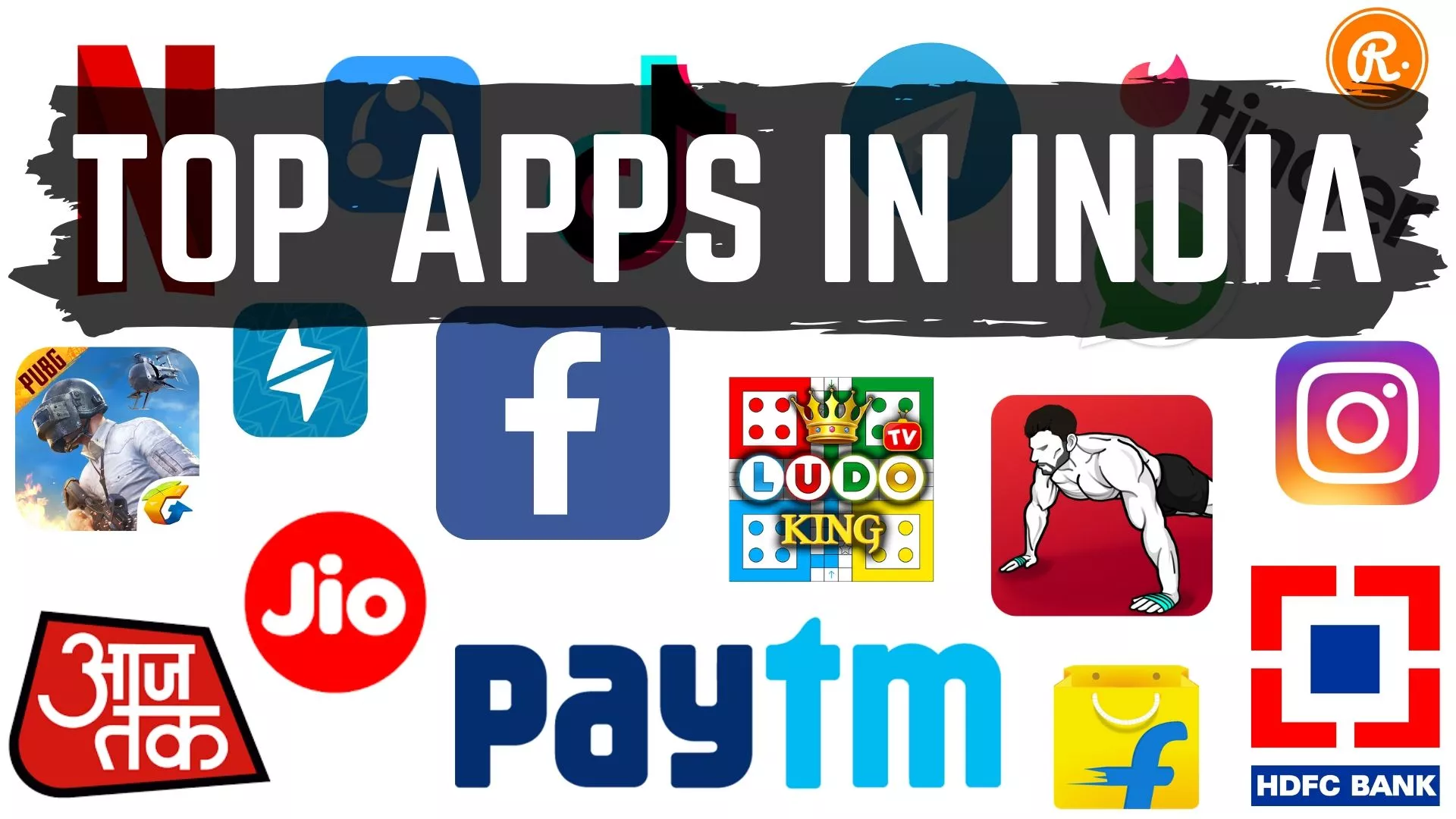
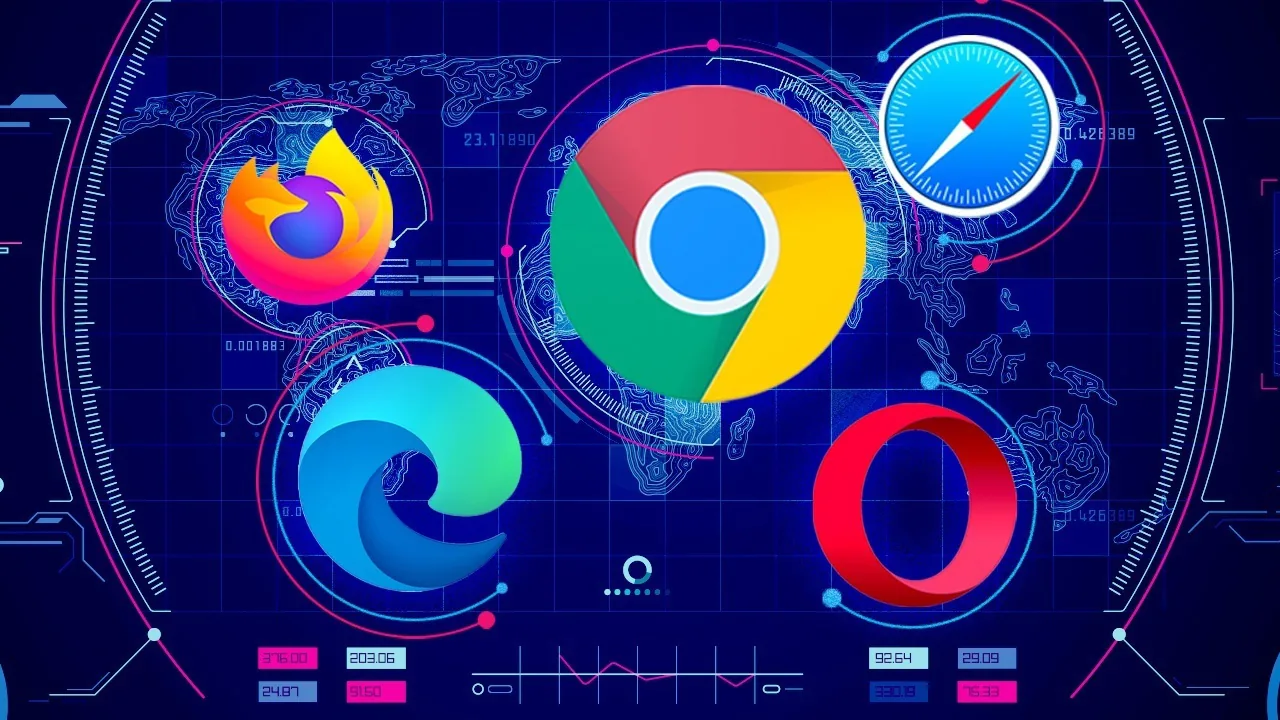
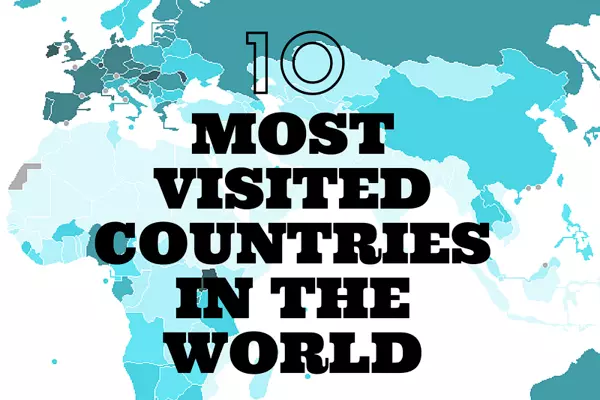

Login to your account or create a new account to post comments!